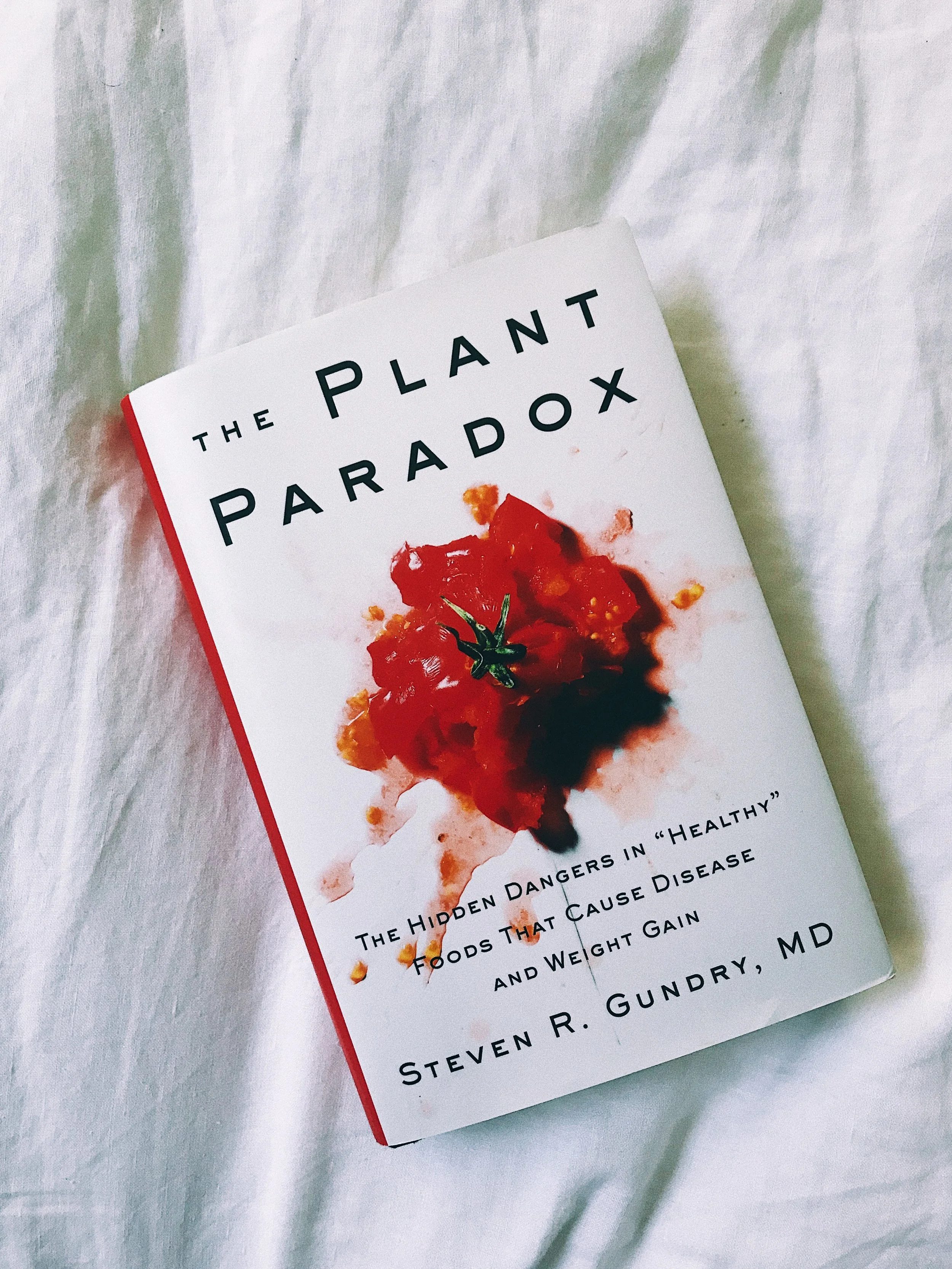20 lessons on caring for breakout-prone skin
This week I decided to compile a list of some of the most important lessons I’ve learned about taking care of my skin over the last year.
Like any area of our health, caring for your skin is a lifelong journey. A lot of what I mention below are things I wish I knew to do or avoid from the get-go, but the reality is that a lot of it could only be learned from experience. In any case, I want to share it all with you. Wherever you may be on your skincare journey, I hope there’s something here that can help or inspire you …
1. Don’t pick your skin. Leave your skin alone and it will become more manageable.
2. Breaking the skin introduces more bacteria into the wound, which will cause it to become more inflamed.
3. See a trained aesthetician who can perform an extraction properly and remove gunk from your pores. This will help control breakouts and help you achieve clearer, less damaged looking skin sooner and over the long term.
4. Get a facial every 4-6 weeks. It is not indulgent if it encourages you to avoid picking at your skin and is a reward for achieving that goal.
5. Wear 50+ SPF full spectrum sunscreen daily, rain or shine.
6. Harmful UVB rays affect the top layer of our skin, is strongly linked to skin cancer and can turn your blemishes into scars.
7. The top protective layer of our skin acts as a barrier for vulnerable layers of skin underneath it.
8. Exfoliation of any kind can make your skin more sensitive to sun and anything else you put on it.
9. You don’t need a 10 step skincare routine to achieve clear, radiant skin.
10. Too many skincare products can cause the same problems they claim to fix.
11. From clogged pores and breakouts to redness and irritation, dermatologists and aestheticians alike agree: skincare routines should be kept simple.
12. A gentle cleanser, toner and a hydrating moisturizer is enough. If your skin isn’t too reactive (i.e. prone to breakouts or redness), add a serum to suit your needs.
13. There is a difference between sensitive and sensitized skin. Sensitive skin is a condition that is part of your DNA. It can present itself as persistent redness, flushing, sensitivity, etc. While sensitized skin happens as the result of daily habits and environmental factors. Skin can become sensitized as a result of a poor diet, consuming alcohol, improper or overuse of topical products that are too harsh.
14. Alcohol-based toners and actives such as chemical exfoliants and retinol are a few examples of products that can dehydrate or irritate skin and cause redness, flaking and blemishes.
15. If your skin is sensitized, or more problematic than usual, in addition to scaling back on products, make sure that you’re using products that are free from irritants, including fragrances, dyes and harsh chemicals.
16. Chemical exfoliants containing Alpa Hydroxy Acids (AHAs) and Beta Hydroxy Acids (BHAs) are great for fading marks left behind from past blemishes and can help make ruddy skin look new again.
17. Daily use of AHAs and BHAs or using several products containing these ingredients can easily lead to over-exfoliation, and cause damage to the top layer of your skin - also known as your protective or moisture barrier.
18. Without a working protective barrier, your skin is like an open wound. Thus making it more vulnerable and reactive to bacteria, harsh ingredients, the sun etc.
19. Healthy skin doesn’t need to be exfoliated daily. Once a week is enough.
20. Sensitized skin should skip products containing harsh ingredients altogether until the skin has healed.
If you liked this article, be sure to sign up for my newsletter to receive this type of content and more delivered to your inbox every month!













